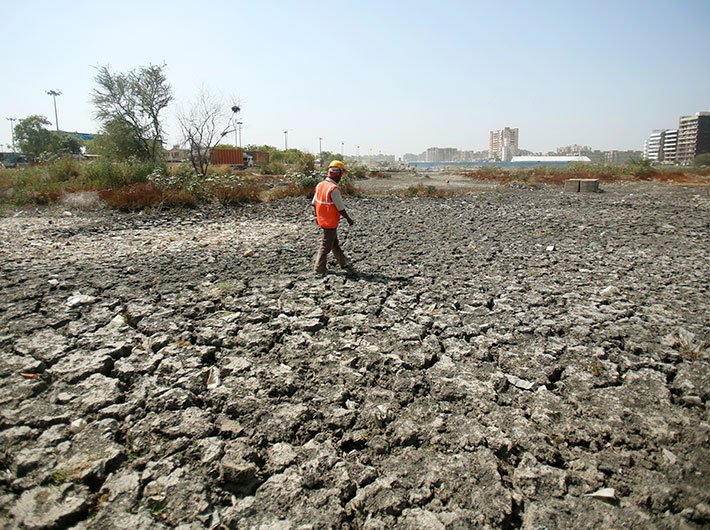Country’s grain-bowl areas going to be hit badly, worries of food inflation rise
GN Bureau | June 2, 2015

The gross Goods and Services Tax (GST) collections hit a record high in April 2024 at ₹2.10 lakh crore. This represents a significant 12.4% year-on-year growth, driven by a strong increase in domestic transactions (up 13.4%) and imports (up 8.3%). After accounting for refunds, the net GST
Fool Bahadur By Jayanath Pati (Translated by Abhay K.) Penguin Modern Classics, 112 pages, Rs 250 “Bab
Against the backdrop of the $3.5 billion Production-Linked Incentive (PLI) scheme launched by the Government of India, sales of Electric Vehicles (EVs) are expected to grow at a CAGR of 35% by 2032. It is crucial to take into account the fact that 86% of EV sales in India were under the price bracket of $2
Nandini Satpathy: The Iron Lady of Orissa By Pallavi Rebbapragada Simon and Schuster India, 321 pages, Rs 765
As many as 1,351 candidates from 12 states /UTs are contesting elections in Phase 3 of Lok Sabha Elections 2024. The number includes eight contesting candidates for the adjourned poll in 29-Betul (ST) PC of Madhya Pradesh. Additionally, one candidate from Surat PC in Gujarat has been elected unopp
The provisional figures of direct tax collections for the financial year 2023-24 show that net collections are at Rs. 19.58 lakh crore, 17.70% more than Rs. 16.64 lakh crore in 2022-23. The Budget Estimates (BE) for Direct Tax revenue in the Union Budget for FY 2023-24 were fixed at Rs. 18.